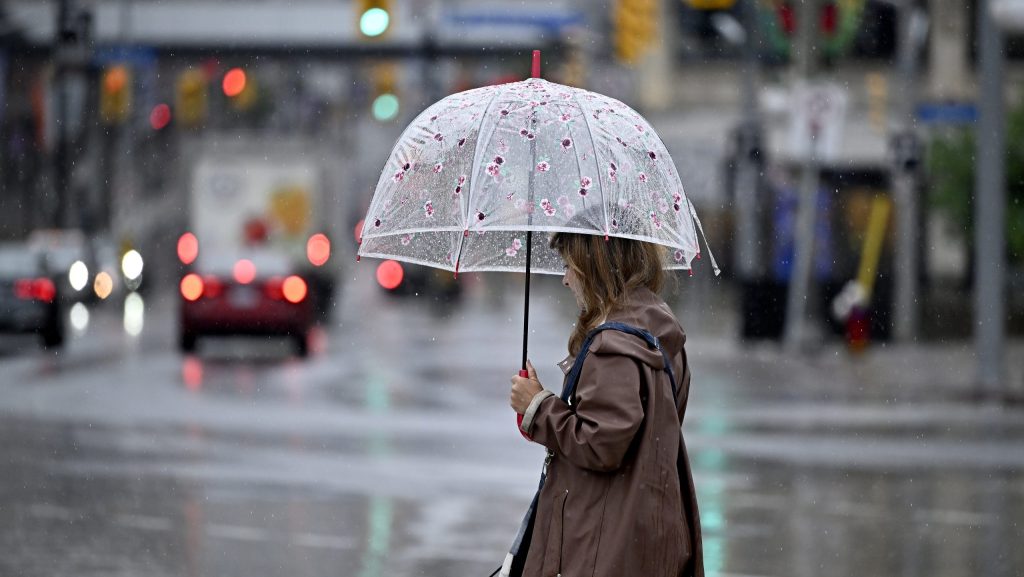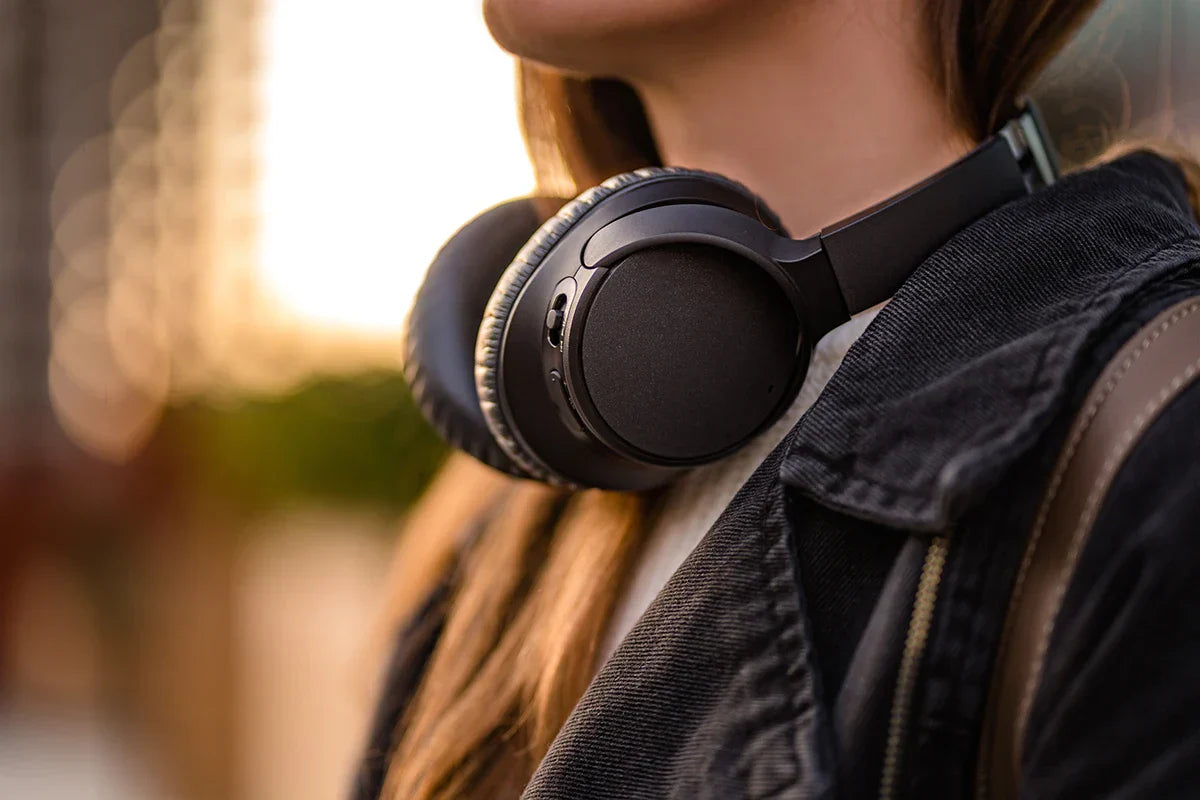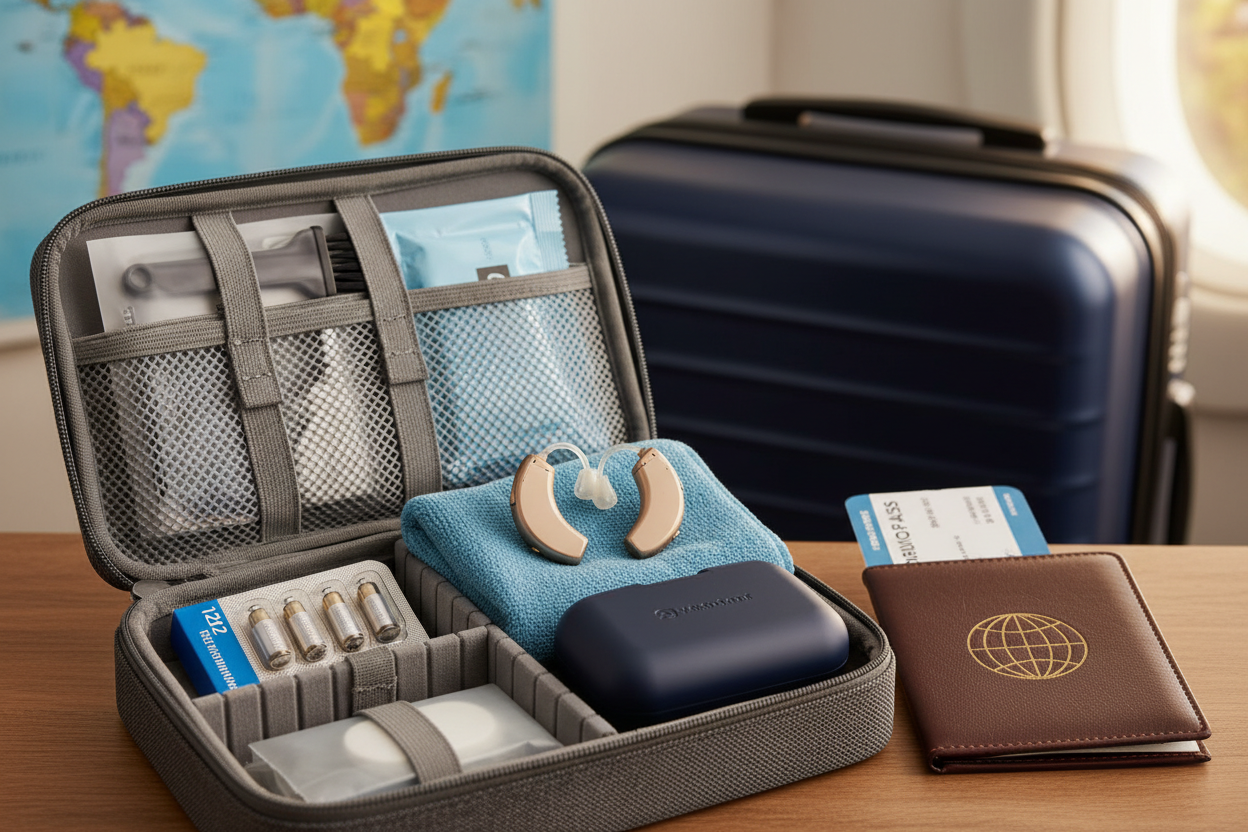Hearing aids are tiny marvels of engineering—lightweight, powerful, and sensitive. But like all delicate electronic devices, they can be affected by environmental conditions, especially weather. If you’ve ever wondered “Will rain ruin my hearing aids?” or “What about humidity and cold temperatures?”, this comprehensive guide answers all your questions.
We’ll break down the risks, explain how each weather condition affects hearing aids, and give you practical care tips so your devices stay safe and last longer.
Quick Answer: Yes, Weather Can Affect Hearing Aids
-
Rain: Water can short-circuit delicate electronics.
-
Humidity: High moisture levels encourage corrosion, battery drain, and mold.
-
Cold: Extreme low temperatures affect battery life and can cause condensation.
Why Are Hearing Aids Sensitive to Weather?
Hearing aids contain:
-
Microphones – pick up sound, easily clogged or corroded by moisture.
-
Receivers (speakers) – transmit sound into your ear canal.
-
Amplifiers & processors – tiny electronic chips that need dry, stable conditions.
-
Batteries – sensitive to both heat and cold.
Unlike your smartphone, hearing aids sit directly on or inside your ear, constantly exposed to sweat, rain, and fluctuating temperatures. This makes them more vulnerable to weather.
Q&A Guide: Weather Effects on Hearing Aids
Q1. Can Rain Damage My Hearing Aids?
Yes, rain can damage hearing aids if they are not water-resistant.
Even a few drops of water can sneak inside microphone ports or battery doors, leading to:
-
Short circuits
-
Distorted sound
-
Crackling or no audio
-
Device shut-off
But what if I get caught in a drizzle?
Most modern hearing aids come with a water-resistance rating (IP rating). Light splashes usually won’t destroy them, but heavy rain or full immersion can.
-
Use a waterproof cover or umbrella in bad weather.
-
Dry your aids immediately if they get wet.
Q2. How Does Humidity Affect Hearing Aids?
Humidity is one of the biggest hidden enemies of hearing aids.
Moisture doesn’t have to be visible water—it can build up slowly from:
-
Sweat (during exercise)
-
Living in humid climates (Florida, Taiwan, Singapore)
-
Steamy bathrooms
Effects of humidity:
-
Corrosion of microphones and battery contacts
-
Muffled sound or feedback
-
Shorter battery life
-
Mold growth in ear molds
Solutions:
-
Store hearing aids in a dehumidifier box overnight.
-
Use hearing aid drying capsules if you travel often.
-
Avoid storing hearing aids in the bathroom.
Q3. Does Cold Weather Harm Hearing Aids?
Cold weather won’t usually damage hearing aids directly—but it affects performance.
The main issue: batteries.
-
Zinc-air batteries drain faster in low temperatures.
-
Rechargeable lithium-ion batteries also lose efficiency when cold.
-
Moving from cold outdoor air to a warm indoors can cause condensation, introducing moisture into the device.
Tips for winter:
-
Keep spare batteries in a warm pocket.
-
Use sweatbands or earmuffs to reduce condensation.
-
Place aids in a dehumidifier after being outdoors.
Q4. What About Hot Weather and Sun Exposure?
While your question focuses on rain, humidity, and cold, it’s worth noting:
-
Heat can cause batteries to leak.
-
Plastic parts may warp in direct sunlight.
-
Microphone covers and tubing can become brittle.
Never leave hearing aids in a hot car or on a sunny windowsill.
Q5. How Do I Know If Weather Has Damaged My Hearing Aids?
Look for these signs:
-
Sound cutting in and out
-
Whistling or static
-
Weak battery life
-
Hearing aid feels unusually warm or cold
-
Visible corrosion around battery contacts
If you notice these, see your audiologist right away.
Best Practices for Protecting Hearing Aids from Weather
1. Invest in Protective Accessories
-
Water-resistant covers (sleeves) – great for sports or rain.
-
Dehumidifier box – removes moisture overnight.
-
Sweatbands – keep perspiration out during exercise.
2. Learn the IP Rating
Most hearing aids have an IP68 rating:
-
“6” = dustproof
-
“8” = resistant to continuous immersion in water up to a certain depth
This means they are sweat- and splash-resistant but not waterproof.
3. Create a Daily Care Routine
-
Wipe hearing aids with a dry, soft cloth at night.
-
Open battery doors to let air circulate.
-
Store them in a dehumidifier, not a drawer.
4. Adjust to Seasons
-
Summer: watch for sweat and humidity.
-
Winter: prepare for condensation and battery drain.
-
Rainy season: carry a backup case and umbrella.
Common Search Questions Answered
Will rain ruin my hearing aids?
Light rain usually won’t, but heavy rain or soaking can. Always dry them afterward.
Can humidity make my hearing aids stop working?
Yes—moisture buildup is a leading cause of malfunction.
Do hearing aids work in cold weather?
Yes, but batteries drain faster, and condensation can cause problems.
Are hearing aids waterproof?
No. Most are water-resistant, not waterproof.
FAQs: Weather & Hearing Aids
Q: Can I wear hearing aids in the shower?
No, remove them before showering or swimming.
Q: Do hearing aids need special care in humid climates?
Yes—daily drying with a dehumidifier is highly recommended.
Q: Can freezing temperatures permanently damage my hearing aids?
Not usually, but condensation can if not dried properly.
Q: What happens if my hearing aids get wet?
Turn them off, remove the battery, dry with a soft cloth, and place them in a dehumidifier overnight.
Conclusion
Weather—whether rain, humidity, or cold—can damage hearing aids if you don’t take precautions. But with proper protection and routine care, you can wear them confidently year-round.
-
Rain = wipe and dry immediately.
-
Humidity = use a dehumidifier daily.
-
Cold = protect batteries and manage condensation.
Your hearing aids are an investment in your health and lifestyle. Protect them like you would a smartphone—only with even more care, since they are smaller, more delicate, and more exposed.






Compartir:
How Do I Adjust My Hearing Aids in Noisy Family Gatherings?
What Foods or Vitamins Support Hearing Health?